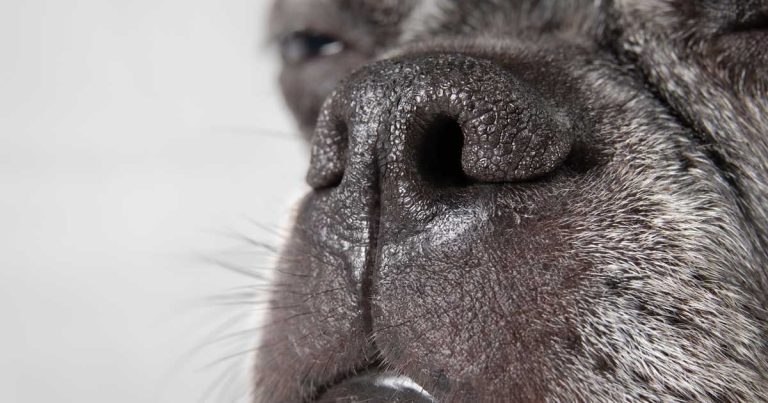10 Mar 2025
New RSPCA-led research suggests many prospective owners can be persuaded not to acquire a brachycephalic dog once made aware of their health issues.

Image: © Petra Richli / Adobe Stock
Around three-quarters of prospective owners say they would reconsider acquiring one of two brachycephalic dog breeds once made aware of their health problems, new research has claimed.
Thousands of people who sought pugs and French bulldogs for sale online, or interacted with social media posts, were asked about their intentions in the RSPCA-led project.
The findings coincided with the annual Crufts show, which ran from 6 to 9 March, where new health-based entry requirements for brachycephalic breeds are in place for the first time.
But while she was encouraged by the results, Ashleigh Brown, RSPCA scientific and policy manager for companion animals, said she feared the breeds’ presence could still increase demand for them.
She said: “Too many people aren’t aware of the significant problems these animals face – which can even include difficulty with basic daily activities such as breathing freely, sleeping in a natural position, play or exercise.
“We believe the popularity of these dogs has been fuelled by social media – where ‘cute’ photos of French bulldogs and pugs are widespread, but the reality about the welfare challenges is often omitted.”
More than 4,500 people took part in the latest project, which the RSPCA ran in conjunction with the communications agency Magpie.
Participants were initially invited to take a quiz on the effects of so-called “designer” breeding before being asked if they would still acquire either a pug or a French bulldog on the basis of what they had learned.
Overall, 76.58% said they would not, with 81.7% of pug respondents and 70.22% of French bulldogs participants saying no.
Under Crufts’ new rules, all pugs, bulldogs and French bulldogs will need to have undergone a respiratory function grading assessment, with any dogs found to be at the most severe grade 3 being barred from entering the show in Birmingham.
Organisers said they hoped the measure would support canine health and welfare, and argued shows have little impact on purchasing trends.